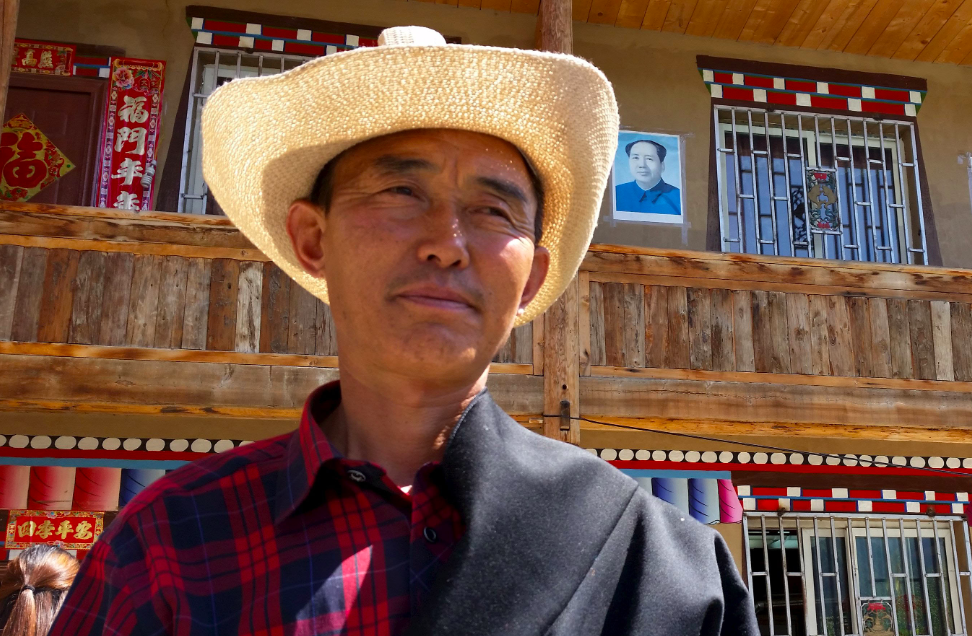By Tenzin Nyidon
DHARAMSHALA, Dec 29: Chinese authorities in Tibet has reportedly coerced Tibetans to commemorate Mao Zedong’s 130th birth anniversary, according to Radio Free Asia, crediting him with the “peaceful liberation of Tibet” in 1950. The official Chinese narrative however, contrasts sharply with the perspective of many Tibetans and the Tibetan government in exile.
A young Tibetan in Lhasa told RFA that events such as Mao Zedong’s birthday celebrations in Tibet involve spreading misinformation and distorting historical facts to share the perception of Tibet’s history, aiming to justify China’s actions in the region. The usage of public celebrations for Mao’s birthday is to propagate a specific historical narrative that fits into the broader strategy of the Chinese government to depict an independent Tibet as “backward and impoverished” before the Chinese invasion. This narrative portrays Chin’s attempt to justify the invasion and subsequent annexation as a “liberation”, contrasting it with China’s portrayal as a progressive force, the same source added.
Experts say, Chinese authorities during commemorative events use historical images depicting poverty in Tibet during the 1940s and 1950s to serve a particular narrative purpose. By presenting these images, officials aim to create a perception that Tibet was universally impoverished and underdeveloped before China’s intervention, reinforcing the idea that the Chinese presence brought progress and development to the region, the same source further added.
The anonymous source in the report pointed out that numerous countries across the world underwent significant development during the same period without experiencing a forced annexation or intervention by another country. This challenges the narrative that portrays China’s presence in Tibet as a necessary or beneficial “peaceful liberation” for the region’s progress.
Experts say that events where people are compelled or forced to celebrate political figures like Mao Zedong could be seen as part of a broader context of control, human rights violations, and cultural suppression implemented by the Chinese government in regions like Tibet.
Mao’s policies were responsible for the deaths of an estimate ranging from 40 to 80 million victims due to starvation, persecution, prison labour, and mass executions. His policies in Tibet during and following the invasion caused more than a 1.2 million Tibetans deaths.











One Response
Tibet was not much poorer than other Asian countries (incl China) during the period 1911 – 1950. It is often said that the average life span in Tibet was 28 – 30 years, but that was the case in India, Nepal and Bhutan too in the end of the 1940-s. Tibetans didn’t bind the feet of women, nor did they proclaim official morning in a family when a girl was born, nor did they sell babies in the market, there was never any famine until 1961, they didn’t have an oppressive cast system, they didn’t burn widows or practised child marriage. The story of old Tibet’s poverty and opressiveness is rubbish. Was it feudal? Yes, but feudalism was less harsh than in today’s north Pakistan. In 1940’s Tibets became a little obsolete in the sense they didn’t have any roads, nor electricity, but that doesn’t cancel their sovereignity.